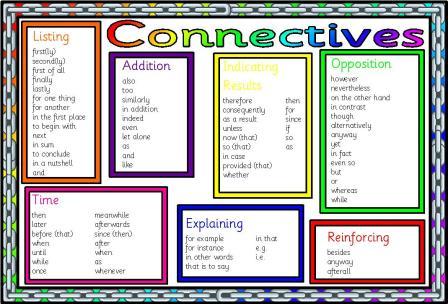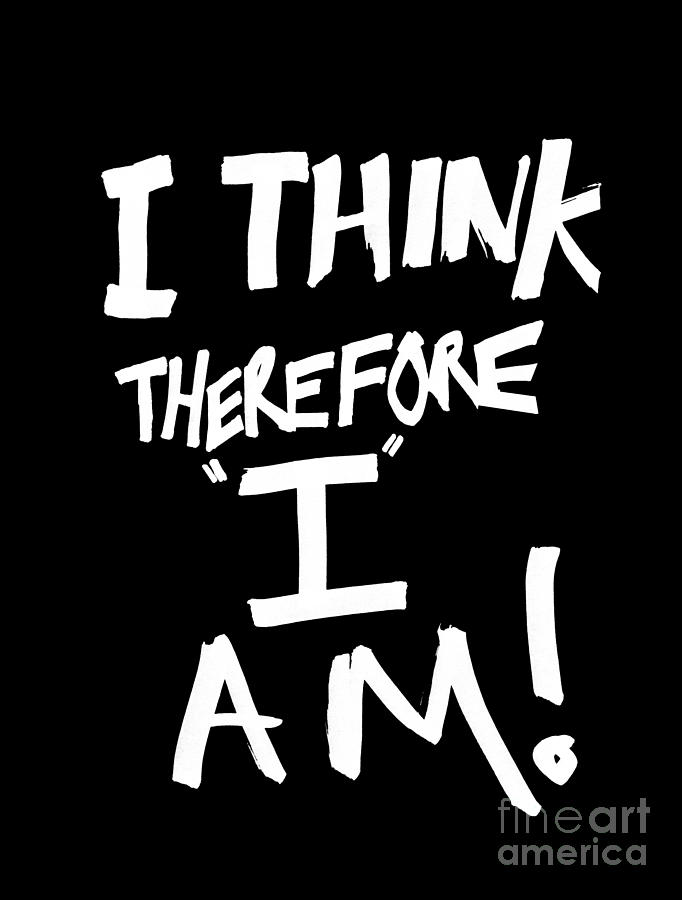Phrasal verbs with Down
I created an exercise for one of my classes inspired by a book I have by James Flower.
My students enjoyed it, I hope yours do too !
For review you can play games with these.. memory, or taboo!
Complete each group of
sentences with one of the verbs below. Use each phrasal verb two times!
Bring down Go
down Knock down
Take down Come
down Hold down
Put down Turn
down Break down
Get down Lay
down Run down
Fall down Keep
down Let down
Wind down
|
1.
You can’t ____________________ all the people who are relying on you.
2.
We’ll have to ____________________ that wall.
3.
He might ____________________ if he climbs that tree.
4.
The news didn’t ____________________ very well.
5.
Did your secretary ____________________ everything that was said?
6.
Vets hate having to ______________________ pets – even if they are
injured.
7.
We had to ____________________ the door to get in.
8.
If you ____________________ the price. You’ll sell them all.
9.
Could you ____________________ the window and let some air into the car.
10.
How could you ___________________ such an offer?
11.
I had to ____________________ the dress because it was too short.
12.
They’re fighting to ____________________ the government.
13.
The houses will ___________________ eventually if they aren’t repaired.
14.
You must ____________________ to the country and visit us.
15.
She was ____________________ by a car while crossing the road.
16.
It’s time to _________________ the Christmas decorations.
17.
We had to ____________________ the business and sack some of the staff.
18.
He can’t ____________________ a job for very long.
19.
Please ____________________ out of that tree immediately?
20.
The swelling will ____________________ in a few days.
21.
Did the car ____________________ on the motorway?
22.
We will, of course. ____________________ any unsuitable applicants.
23.
You must ____________________! Someone might see you!
24.
He tends to ___________________ who doesn’t agree with him.
25.
Why don’t they ____________________ their guns and stop the fighting!
26.
We expect them to ____________________ in favor of the proposal.
27.
It’s the young who mostly ____________________ their lives for their
country.
28.
We saw the defender ____________________ their center forward.
29.
If the batteries ____________________ the radio won’t work so well.
30.
Can you help me to ____________________ the tent?
31.
He used a wave of terror to ____________________ the entire population.
32.
It took four men to ____________________ such a strong person.
and here are the answers!!
Answers : phrasal verb
with down
1. Let down
2. Knock down
3. Fall down
4. Go down
5. Get down
6. Put down
7. Break down
8. Knock down
9. Wind down
10. Turn down
11. Let down
12. Bring down
13. Fall down
14. Come down
15. Run down
16. Take down
17. Wind down
18. Hold down
19. Get down
20. Go down
21. Break down
22. Turn down
23. Keep down
24. Put down
25. Lay down
26. Come down
27. Lay down
28. Bring down
29. Run down
30. Take down
31. Keep down
32. Hold down














